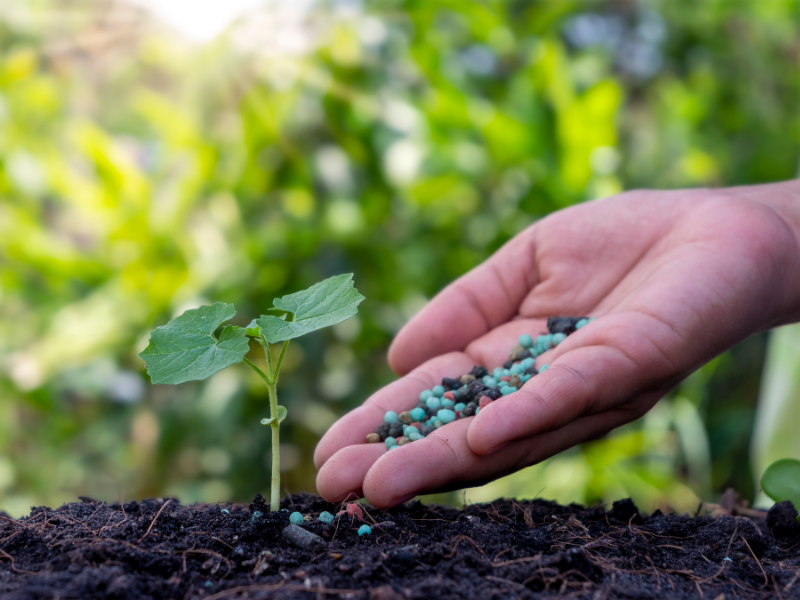January 25, 2023
Our shared Jewish tradition provides each of us with a blueprint to lead a meaningful life—helping us connect with our minds, bodies, and souls while giving us an ethical framework to help guide our way. Not only are we responsible for ourselves, but we are also responsible for our fellow-humans and for safeguarding the environment for future generations. The holiday of Tu B’Shevat (also known as the New Year for the Trees), which will be celebrated on February 6 this year, beautifully illustrates many of these concepts. We celebrate Tu B’Shevat during the coldest and bleakest time of year, reminding us that soon the ground will thaw, the trees will begin to bud, and the world will burst into vibrant life once again.
Just as we must to tend to a garden to help it flourish, we must tend to our physical and mental health to thrive. Tu B’Shevat affords us the opportunity to pause and reflect on our personal growth and well-being—practicing gratitude for the good things in our lives while addressing those things that may need some work.
By now it’s no secret that many people’s mental health has been widely affected by COVID-19. According to the World Health Organization, many people have become more anxious, and for some the pandemic “sparked or amplified much more serious mental health problems. A great number of people have reported psychological distress and symptoms of depression, anxiety or post-traumatic stress.” Indeed, here at Jewish Family & Children’s Service, our clients continue to report unprecedented levels of stress and anxiety as they attempt to juggle work, school, and family life. The toll has been particularly hard on our youth. In a recent National Alliance on Mental Illness (NAMI) Teen Poll, nearly two-thirds of respondents felt that the world is more stressful now than when their parents were their age. While teens are comfortable talking about mental health, they don’t often start the conversation—a hurdle they need help overcoming.
If you, or someone you care about, are struggling to maintain your mental health, please don’t go it alone. We provide individual counseling as well as support groups that help participants cope with grief, domestic violence, loss of vision, memory challenges, and more. To learn more, visit our website at https://jfcssnj.org/. Should you or someone you know have an urgent mental health crisis such as suicidal thoughts or ideations, please call 988, the Suicide and Crisis Lifeline. This free and confidential hotline will provide immediate crisis intervention and support. To get 24/7 help, call or text 988 anytime.
The concept of Kehillah (community) is central to Jewish thought. The question “What do we owe each other and what do we owe to ourselves?” is at the core of everything we do here at JFCS. We care for our neighbors who are struggling, who are hungry, who are aging, and who are living with disability because it defines who we are. However, we must always remember to care for ourselves as well.
To find out more about everything we do, I encourage you to visit us online or call us at (856) 424-1333.

